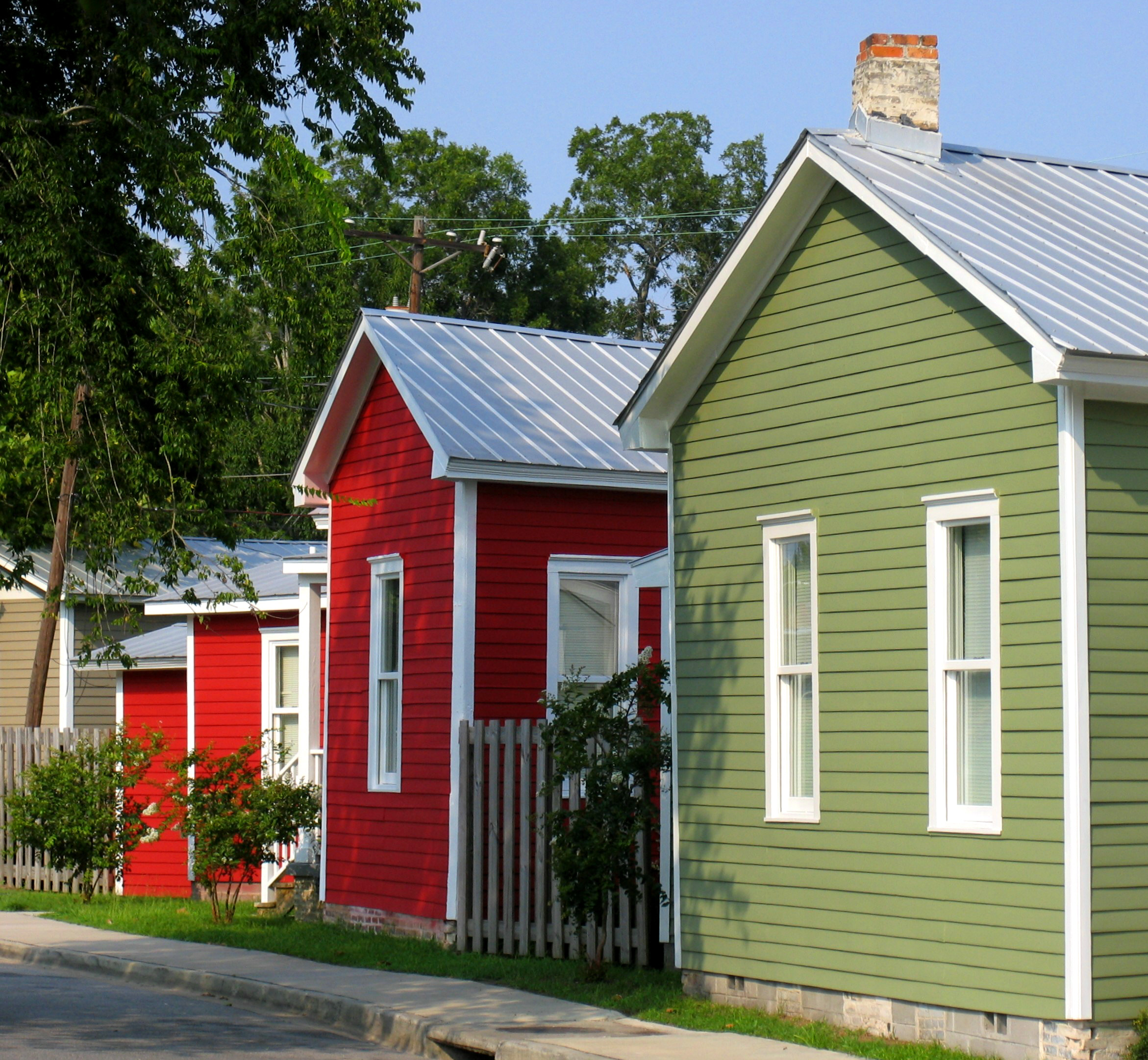With the 2022 municipal elections now in sight—and a housing affordability crisis that’s as bad as ever—the City of Vancouver has embarked on two new directions for more dense housing in its detached-housing neighbourhoods. These moves are modest but point to the type of new housing supply needed region-wide.
First, as part of a new Secured Rental Policy (SRP), Vancouver will allow small rental apartments on side streets in close proximity to main streets. Second, a Making Home pilot project will allow up to six units on a standard lot.
The City’s detached housing neighbourhoods have already witnessed “gentle density” increases over the past couple of decades with legalization of secondary suites, laneway houses and, most recently, allowing duplexes (but with no change in allowable height or buildable floor space).
Vancouver’s new moves point to higher-density “missing middle” development in between large condo towers and detached housing. Both moves are, if anything, too timid. The SRP still requires a rezoning while Making Home is just a pilot program of 2,000 lots. Apart from a maximum of six units, the actual density increase is to be determined and a full plan must still be approved by city council.
These modest moves, however, are indicative of the type of development that is much needed across the region, if not province-wide. How we upzone, not whether we do, should be a central debate in the 2022 municipal elections.
To make this happen with affordability in mind, five policy directions aimed at detached housing neighbourhoods across the region are necessary:
1. Open up detached housing zones across the region. The vast majority of land in Metro Vancouver is zoned for low-density, detached housing, leaving 80 per cent of the land base reserved for 30 per cent of households. In these areas we should allow double to triple current densities (measured as buildable area per lot or floor space ratio).
2. Focus on the missing middle, from rowhouses to multiplexes to small apartment buildings. The emphasis should be on small lot development and ground-oriented housing with minimal land assembly and parking requirements.
3. Ensure market development contributes to affordable housing. A share of new units would be designated as affordable ownership or rental, or alternatively, the developer would pay an affordable housing levy to be used elsewhere. This measure would also keep land prices in check so that gains from upzoning do not disproportionately go to existing landowners.
4. Support non-market development. Non-profit housing developers, whose missions are aligned with the objective of building more affordable housing, can build dedicated rental units at much lower cost. Non-market (including public and co-op housing) developments would be prioritized with waived fees and expedited processes.
5. Develop a robust system of renter protections. Existing affordable rental housing should be protected as much as possible. A fair process should be implemented for renters adversely affected by redevelopment in detached housing neighbourhoods (in particular for secondary suites) including rights of first refusal, temporary accommodation and buyouts.
In addition, there is a strong case for the BC government to help accelerate this transition and overcome hyper-localized politics through:
- Zoning mandates—To break the impasse at the local government level, the BC government should step in to implement the type of framework cited above in Metro Vancouver or even province-wide.
- Public land—Make existing public land available for non-profit developers to build genuinely affordable housing. In addition, new public land should be acquired for the purpose of building new dedicated affordable housing.
- Progressive property taxation—Change tax rates and incentives to rebalance inequities in the housing system, incentivize density and be a source of revenue to acquire public land. This should include increases in property taxes, greater taxation of owners of multiple properties and shifting taxation to land over buildings/structures.
It’s time to build the housing we need for the future. The region’s population will continue to increase over the coming decades and decisions made now will have legacy impacts many decades down the road. It’s imperative that we aggressively build affordable housing with a dramatically smaller environmental/climate footprint, and upzoning will allow us to do that.


